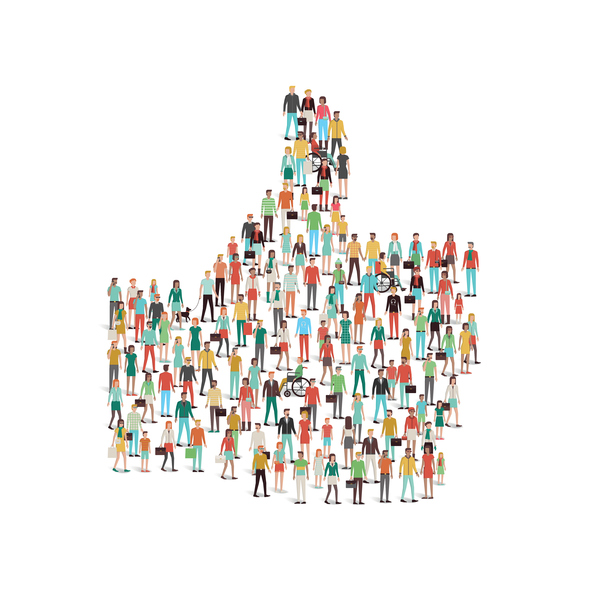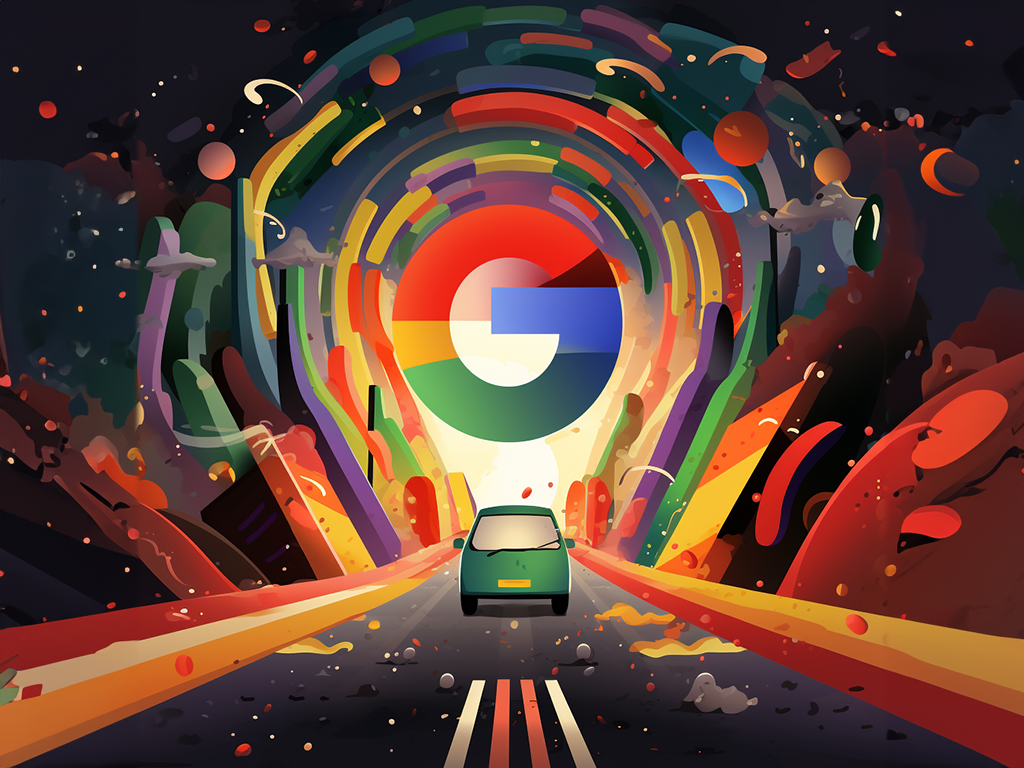There are several shocking things about the recent Cambridge Analytica scandal and the improper harvesting of 87 million Facebook users. But ignore the Russians, Trump, political motives and the trust issues. I’m shocked that one fact is being ignored, it is simply amazing.
In one of the first articles I read about the data breach (view here)
Martin Moore, director of the Centre for the Study of Media, Communication and Power at King’s College, told the Guardian’s Carole Cadwalladr that Trump’s campaign “was using 40-50,000 variants of ads every day that were continuously measuring responses and then adapting and evolving based on that response.”
These online ads were spread primarily through bots on social media platforms. The ads that got liked, shared, and retweeted the most were reproduced and redistributed based on where they were popular and who they appealed to.
The part of this that blows my mind is the sheer scale of the operation, with 40,000 to 50,000 ad variations per day. These ads were allegedly being updated in real-time, using sophisticated computer learning AI or bots. There’s only 86,400 seconds in a day, and while it’s likely the “computer” can multi-task, this is an amazing feat averaging a new variation every 2 seconds.
What’s also interesting, if these stats are true, is volume of ad updating and variants within an account definitely didn’t go through the standard Facebook approval process (and other social platform). This tells me that Facebook was aware and working with the campaign (likely both sides) on ways to fast track approvals and provide integrated APIs into their ad server.
The last part of this section where the lack of coverage is also dumbfounding… is the aspect that the ads were “spread primarily through bots on social media platforms.” These are fake accounts across multiple social media platforms that are programatically engaging with users, building networks and when called upon acting to the direction of a marketing campaign. At what point will social media platforms address this issue as fraud, or is it too large of a traffic generator for them to delete the accounts.
How many of the 2.2 Billion Facebook accounts are fake, and while twitter has deleted 1.2 million accounts in the past three years, how many of the current 330 million are fake bots? I understand that many new sites will use “house accounts” as teaching aids for the community to understand how things work, but I have to believe after the first few hundred thousand users this isn’t needed.
As a data nerd, I am in complete awe and envy of the sophistication to pull this off. This level of real-time ad optimization is something I didn’t think was capable yet, more a theoretical level. From a marketing perspective these nuggets are being overlooked, and shouldn’t be. It’s these tactics/execution combined with psychological profiling and data that makes this story so amazing.





